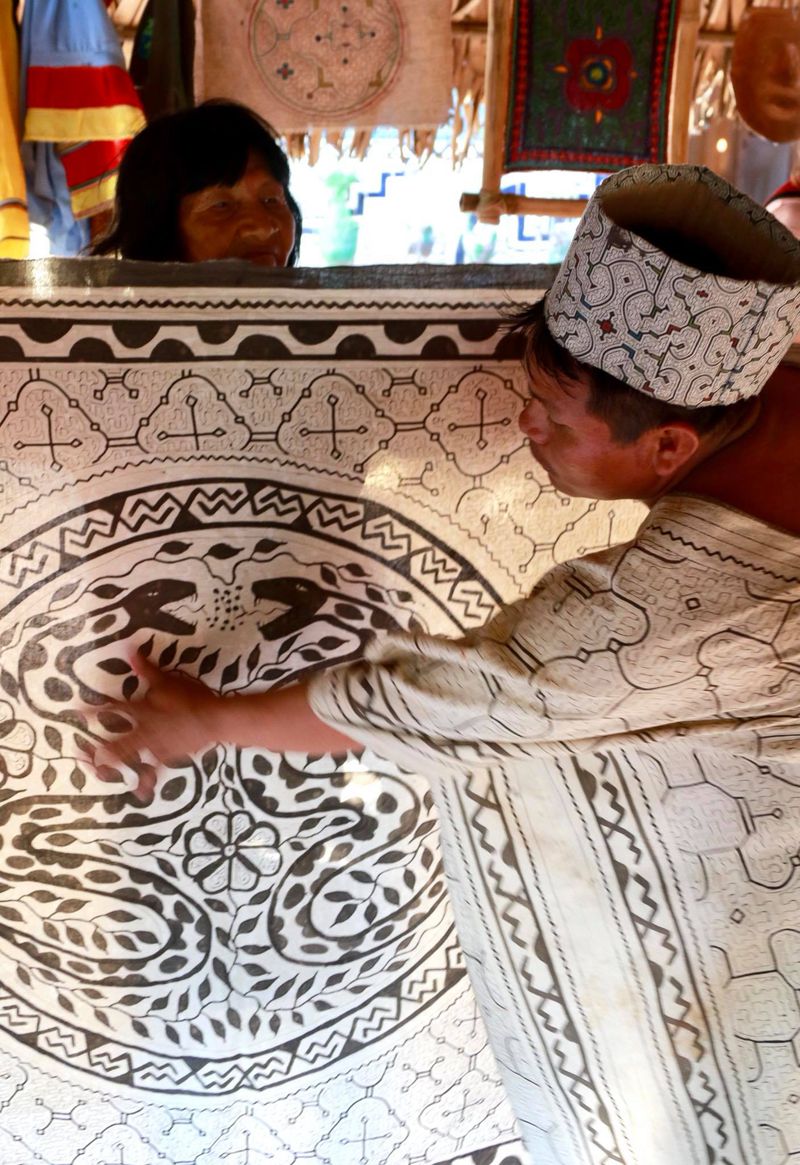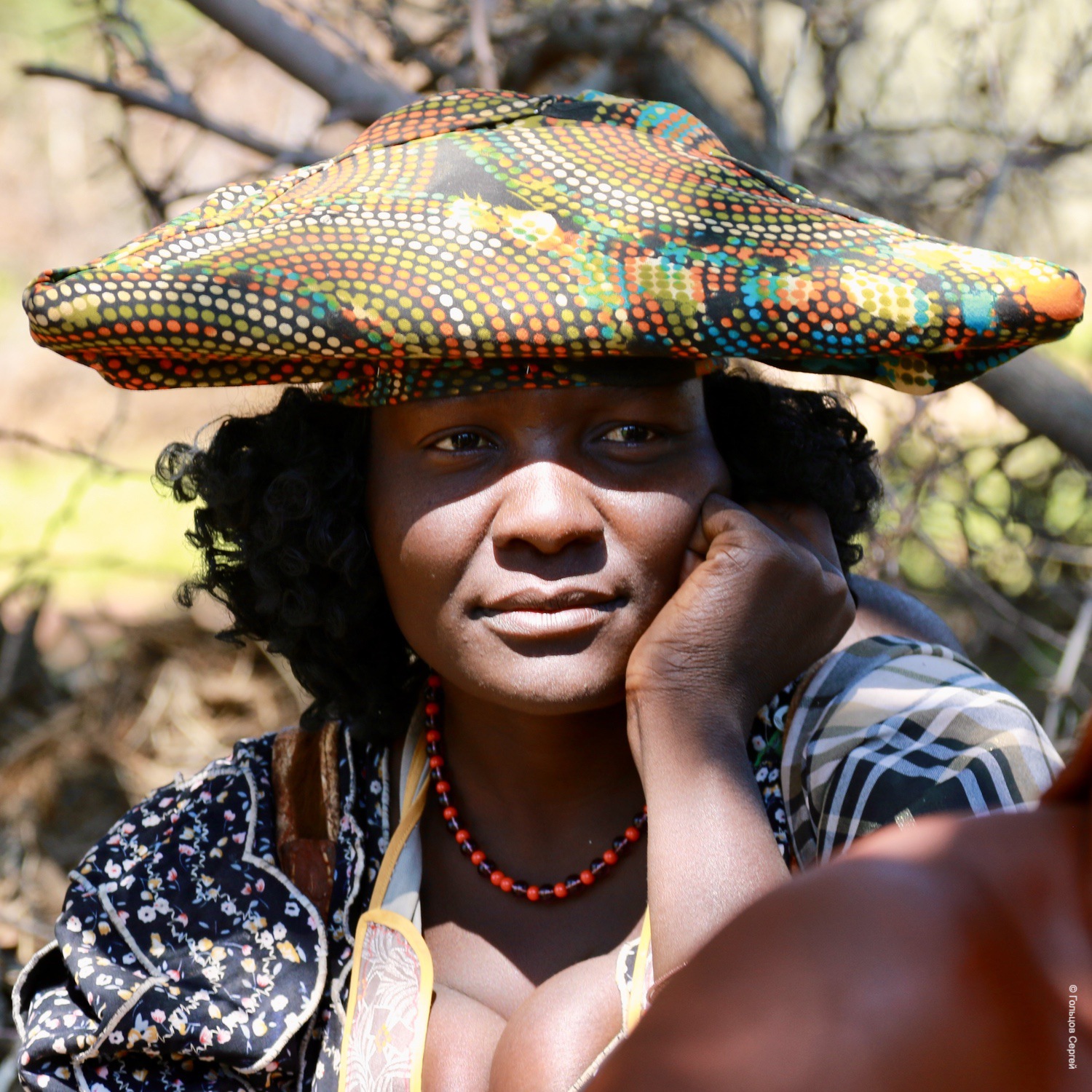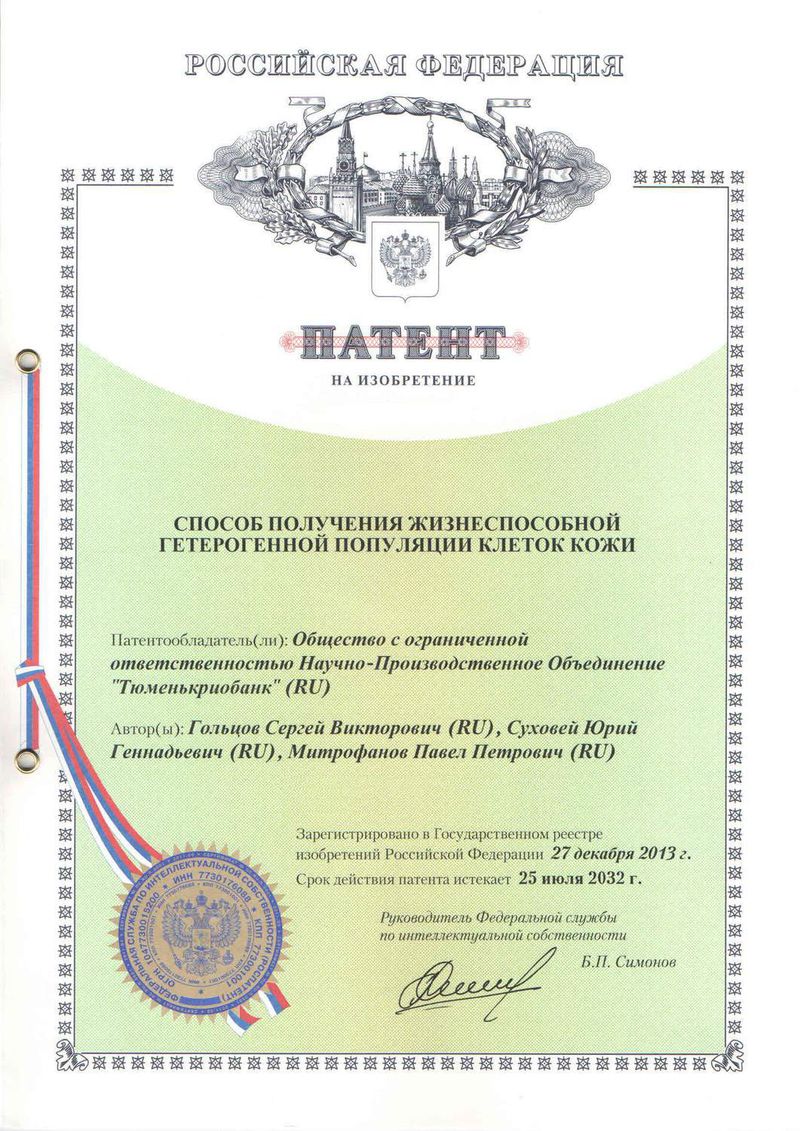Recently I have been asked a question: "Is the Russian patient rather alive than dead?"
This has made me ponder. As you know only dead people do not perspire… If this question has been asked, if it concerns somebody including me and if my feelings give rise to new thoughts then he is rather alive. From the perspective of the doctor stating the facts of the patients being discontent of the quality of the medical care provided he may be dead! But as the woman cannot be just a little bit pregnant then a person cannot be half or partly alive or dead.
Besides, the ambiguity within the meaning of "alive or dead" gives rise to people’s thoughts leading to the geometric progression of wrong beliefs. This results in the appearance and further expansion of pseudo-sciences, pseudo-doctors and quacks capturing the consciousness of more and more people. And each of them relying on the opinion of the majority instead of the competent opinion of a scientist and/or a doctor gets the proof to his "correct" judgement, grows more and more convinced in it and becomes the source of misperception about medicine.
The remarkable example of the stated above can be the medical phenomena of the 1990s: Kashpirovskiy, Chumak and other disseminators of the pseudo-medical services who emerged as a result of the starting breakup of the system of medical knowledge and skills continuity.
Exactly continuity, I think that the first and the main problem involves aging of the healthcare personnel who possess competence and the lack of the age group who could accept the knowledge and give it to the next generation. In the earliest days of the 1990s all professions were demanded except for doctors, scientists and teachers – and it led to the outflow of the qualified personnel aged 30-40 years old to other industries. Only 20 years later a demand was created again but it is hard to fill in the gap like one can never step into the same river twice. Nowadays the healthcare industry is marked by the quantitative as well as qualitative shortage of personnel.
The second problem following the first one as a consequence was the confusion of notions. Before perestroika some doctors performing research activities and defending theses got an academic degree of Doctor of Philosophy thus demonstrating to their colleagues and patients that they were inclined to search for new knowledge, skills and technologies and they were capable of giving them to the next generation. This approach made sense. That was the way the tradition of the knowledge continuity had been forming over the period of 130 years. But for the last 25 years the total enthusiasm for defending theses and the lack of the criteria for defense have resulted in the vague interpretation of the meaning of the notions of Ph.D. and Sc.D. and appearance of a new meaning – these are the doctors whose services are more expensive. This new definition does not reflect either a scientific enquiry or its transformation into the ability and desire to transfer the obtained knowledge and skills to other doctors. The new meaning debased the academic degrees, failed to bring new discoveries, generate new knowledge and skills or transfer the available ones. Moreover, proceeding from the first problem there was nobody to transfer knowledge and skills to. If we take into account the fact that over a period of 5 consecutive generations the original meaning has been retained and has not changed then we should talk about the formed tradition of the knowledge continuity as one of the culture elements and the current loss of this tradition which means the weakness of culture.
The third problem, as a consequence of the previous one, made matters even worse. That was unsatisfactory laboratory equipment and technological infrastructure. Dilapidation of the technological cluster and decrease of competence of the maintenance staff became one of the factors forcing the doctors to leave for other countries.
Thus, the best USSR healthcare system in the world (by estimate of the World Health Organization in 1972) which included the personnel training in the industry and its continuous education, the traditions of the knowledge continuity and the culture in 30 years degenerated into the system which one may undoubtedly call the system of GRAVEcare. And it means that the Russian patient of the early 2000s became rather dead than alive!
By the way, in contrast to the Cuban patient who was offered the system of healthcare and personnel training in the field of medicine adopted from the USSR just in 1972 by the Cuban government. This adoption resulted in the fact that in 2012 the Cuban healthcare system was recognized the best in the world. Hey everyone from the Castro family! :)
One may think that it is easy to bring back what we once had as there are still people who remember how things were. No, we can bring back just some technologies and things but the whole culture which produces such important kinds of knowledge as meanings, values and traditions cannot be returned with administrative reforms in an instant. The process of the knowledge continuity, line of authority, respect for one’s experience, compassion and sympathy – how can we bring it all back? Just through continuous education, straight from the students’ days, from that kind of look burning with great interest through continuous self-improvement and postgraduate education to bearing the unique knowledge, traditions and what is more IMPORTANT – the ability to preserve and transfer all that to the next generation.
Steven Jobs was so exact when he said that one does not have to work for 12 hours but with his/her head. In this context it is obvious that management decisions are extremely insufficient for the development (exactly for the development but not the achievement of some specific figures) of the healthcare system. As the number of neurons in the brain does not change except for the number of neuronal connections between them so the humanity develops through the establishment of new relationships between the people and the world. Thus, the participants of the healthcare delivery process and consequently of the educational environment in the field of medicine are:
Doctor – subject of the educational process – a person who got a diploma with a degree of a medical doctor according to the results of studies at medical higher educational establishment;
Competent doctor – a doctor possessing unique medical knowledge and skills, an academic degree and the desire to transfer his/her medical knowledge and skills to another doctor and/or doctors;
Patient, strange though it might sound, a participant-condition of the educational environment while transferring medical knowledge and skills from the "competent doctor" to another "doctor" and/or other "doctors", he/she is a social agent.
It becomes obvious that relations between the participants will cause difficulties of cognitive nature. Actually we have the process participants but there are no relations between them. And we will have to define them.
My arrangement of the participants of the educational environment in this order is deliberate. When a "doctor" grows up he/she has only one concern – to find the teachers who will help him/her master the instruments of the difficulties comprehension and transfer them to other generations, in this case meaning medical knowledge and skills. This way the "doctor" is an inquiring environment, he/she is primary. A "competent doctor", in his/her turn, answers an enquiry with his/her desire to transfer his/her knowledge and skills. This is very important, like the key fitting the lock – the enquiry and the desire provoked by it from the relations of readiness for education, the condition for transition of these relations into the relation of continuity is the participation of a "patient" as a demonstration model. All the three participants form the relations of “causality of aiming to some value”. Despite the fact that every person has his own values the goal-setting for their acquisition will be common as all the participants of the educational process are in this process. For example, for the “patient” it will be his/her treatment individualization, for the "doctor" this will be acquisition of new knowledge and/or skills, and for the “competent doctor” this will be satisfaction when fulfilling the Duty.
And it seems like everything is fine but these relations do not actually exist as of today and obviously will not be formed tomorrow. What do they lack? Perhaps, the paradigm of the educational process. What should it look like? The matter is that the "doctor" as the representative of the inquiring environment should have the anxiety for enquiry coming from his/her heart not from his/her head. He/she cannot and he/she is not able to think about it, he/she should dream of it, desire it with all his/her heart. Mamardashvili says that a new thought is produced out of the amazement at actual things, and this is called a thought; that a thought cannot be produced mechanically, it appears out of the commotion of the spirits. And the "doctor" should be mentally and emotionally shaken, agitated and excited with the desire to acquire new knowledge and skills.
This can be illustrated (figuratively, of course) by the situation when a young girl chooses a car without getting into its specifications and knowing nothing about their application but having a strong desire to go by a beautiful car so that all people around could experience the emotions and shock which she used to feel. She makes a choice with her heart following such evaluation marks as "this must be COOL". And in our speculations the "doctor’s" enquiry should evoke interest and prestige.
In support of the stated above I should say that apart from the Darwinian driving forces – competition, variability and evolution, there is also a will to possess. This very will to possess which is based on interest, results in prestige and is self-consciousness in the process, is the motivation to start the educational process.
The conclusion to what has been said above: the paradigm of the educational process for doctors should be its promotion. To possess new knowledge and skills in medicine should become fashionable and prestigious.
This refers to creation, just creation of a new culture of the doctors’ education, the culture which establishes conditions to encourage the will to possess and is capable of producing certain "competent doctors" as an ideal example for different levels of enquiry of "doctors" and provides for the continuous process of the knowledge and skills continuity.
How can this be done? This would seem quite easy, and the first thought is through making of an ideological enemy. It is common knowledge that men are solidary for no reason in particular but women are solidary against somebody. Just like the women’s solidarity the brightest scientific developments in the USSR were carried out during the "cold war" which united the interests of the government and the scientists. The second thought evoked by our speculations is that it can be competitive relations of the "competent doctors" initiated by the legislation. For example, to legalize freelance jobs of doctors, to license the specialists’ activities instead of the hospitals’ walls, to revoke the doctor’s diploma as the result of the medical malpractice, to preserve the medical aid standard only with the emergency medicine, to legislatively approve of the principle "money follows the patient" when the money is given by the patient himself but not by the government or by the insurance company. One may object: apparently things come to this?!
But these first thoughts are victims of the current paradigm and with all their seeming consistency they are often isolated. This is more the way of guessing based on the event management. It is not integral, there is always something to add to it, and in this context it will always be followed by the "result with the proviso" saying they meant it for the best but suddenly ended up just the opposite.
A man being the part of this constantly changing world cannot but change himself. Some people change the world when they change themselves. The improvement of knowledge is the changing of the world. The changing world changes the society. The patient is the representative of the society. When we think this way the decisions made will be based on comprehension – will the "patient" be alive?
If the progress in the knowledge production is measured by bits of the accumulated information, the quantity of the registered patents, the number of awards, profit or the number of doctors per capita then in my opinion it is only a quantitative evaluation. The wealth of the cultural and social life of the "competent doctor" is the important qualitative criterion of his becoming like this. Teilhard de Chardin said that in the course of evolution first came the Supersubject, and its attachment to material goods drew us back into illusion. Citing these words I’d like to consider the stated above criteria of the knowledge measurability as material goods.
Following with defining the relations in the educational environment of doctors the idea suggests itself: the "competent doctor" is the subject of culture as in contrast to the "doctor", being the subject of the educational process, is noted by powerful goal-setting. They represent different social and cultural levels or in other words they are subjects separated by the notional forwarding (the "competent doctor’ will be a guiding light of enquiry, an ideal of expectations for the "doctor"). Understanding of this fact transforms awareness of the "competent doctor": he/she becomes the guide for the "doctors" and the "patients" to a new social and cultural layer.
The relations doctor – competent doctor will revive through the new awareness, including the relations patient – doctor – competent doctor and as a consequence patient – doctor. And it means that the patient will gradually be coming to life! :)
As an example, from the late 2000s and over the period of the last 15 years (I mean healthcare in the Tyumen region) there has been carried out serious reforms aimed at the establishment of the actually functioning healthcare system based on the dynamic infrastructure of the medical network, the electronic document management of the medical information, the principle "money follows the patient", the multi-level quality control of the services provided concerning all kinds of healthcare (private, municipal and state), with psychological contract between the patient and the doctor. The system which gives the patient the opportunity to choose the doctor and the clinic and which is accompanied by transparency in all its reforms.
Countries do not unite as a result of association but they unite as a result of war. Thus it is time for the ‘patient", the "doctor" and the "competent doctor" who have been in the state of the destroying internal war since the late perestroika to reunite under the common paradigm of the educational process, medical knowledge and skills continuity. Then the relations of patients and doctors will gain new social values.














